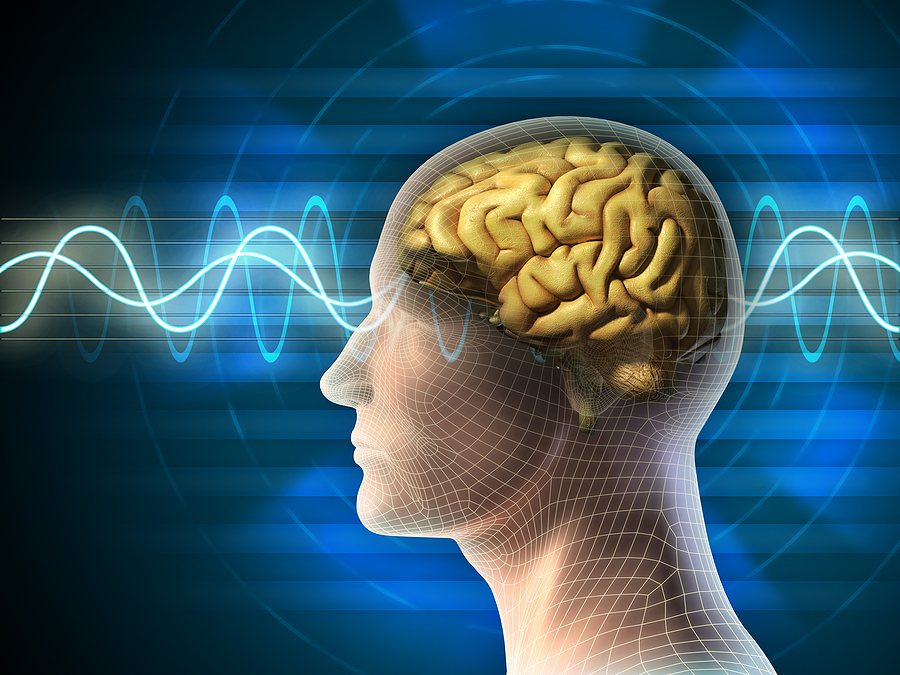Hearing Loss And Depression: Are You At Risk?
Anyone who suffers from hearing loss knows only too well just how hard it can be.

For example, not only are there the physical symptoms like not being able to hear the television or radio or being unaware of approaching traffic when crossing the road - it can also be very isolating socially.
Everything from having a phone conversation to hearing what friends and family are saying to you can become more problematic than ever before. So it’s not too much of an exaggeration to say that one can feel very cut off from the world around you.
With this in mind it’s not surprising that this can also have a detrimental effect on mental health too – a fact that is supported by the finding that an estimated 11% of people with hearing loss suffer from long term depression compared with 5% of the general population.
While depression has long been associated with other long term conditions the recent findings are some of the first to connect it with hearing loss - although experts tend to agree that the link is only to be expected.
James Firman, president and CEO of America’s National Council on Aging, has been quoted as saying "It is not surprising to me that (people) would be more likely to be depressed. People with hearing loss, especially those who don't use hearing aids, find it more difficult to communicate with other people, whether in family situations, social gatherings or at work."
There are many symptoms of depression to be aware of, including:
· Feelings of sadness and helplessness.
· Lack of interest in the world around you.
· Tearfulness and anxiety.
· Tiredness.
· Aches and pains.
So, if you are affected by hearing loss and feel that you may be at risk of depression too, a visit to your GP would be the first thing to do. There is also a great deal of useful information online which can be very useful and reassuring to read.
The other course of action to take is to investigate the many ways there are available to treat hearing loss and other audiological problems. The first step would be to visit a local expert who will be able to give a thorough hearing test and to assess the extent and the nature of your hearing loss.
Then they will be able to recommend the best range of solutions for you and today technology and miniaturisation has advanced so far that you may be amazed by the hearing aids from companies such as HH that are so discreet you may well be the only person who knows you are wearing one.
Be assured that if you do have hearing loss and feel you either may be depressed, or at risk from depression, help is at hand. And the sooner that you seek it out, the sooner the issues can be resolved.
For more information on depression please visit the depression section of this website where you will find useful resources and information.





